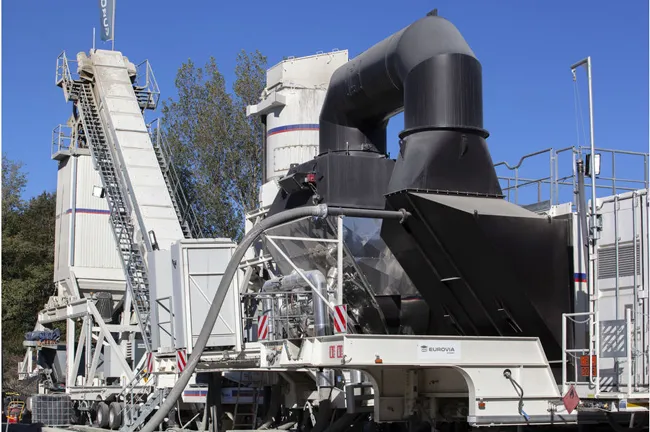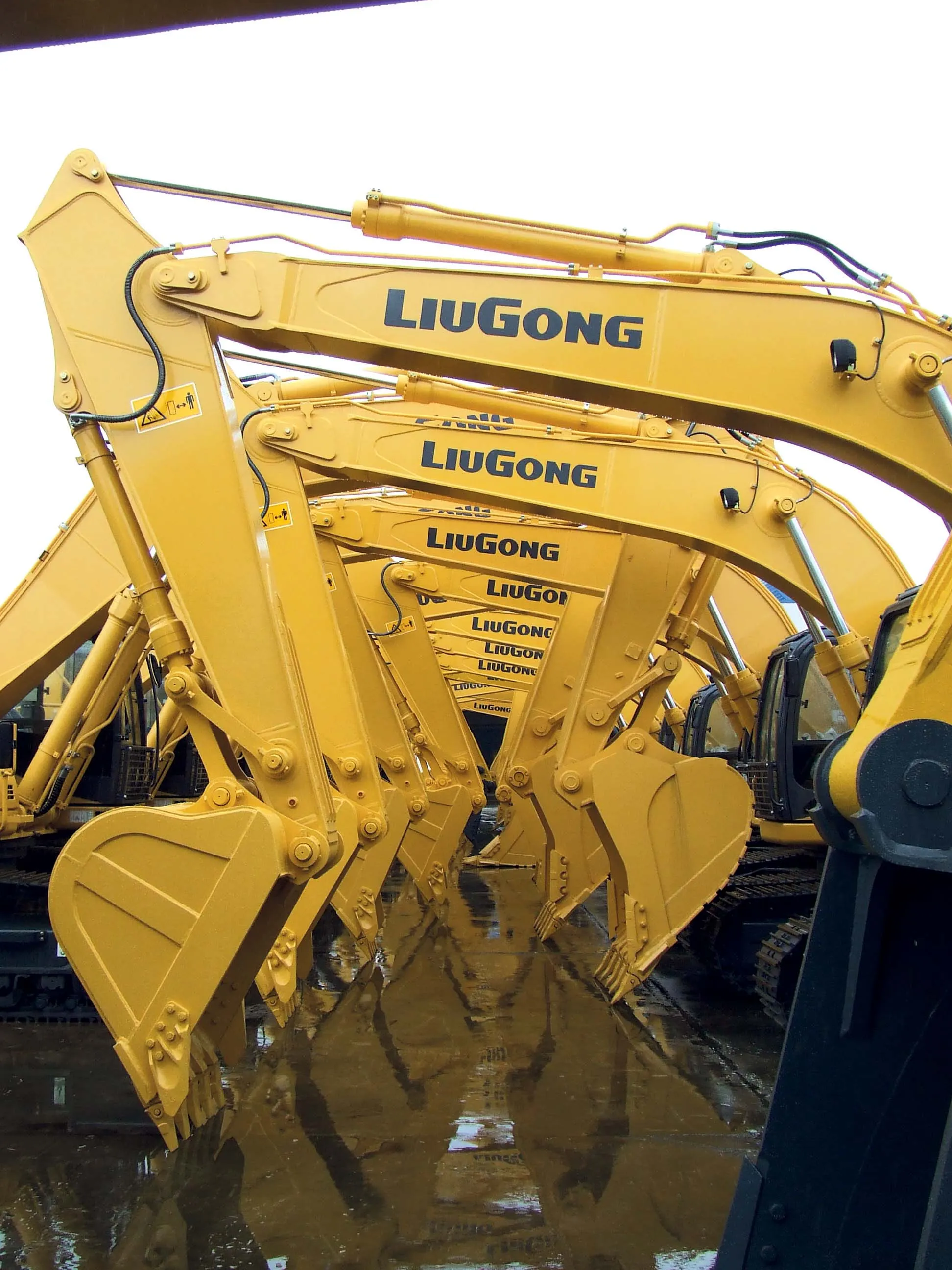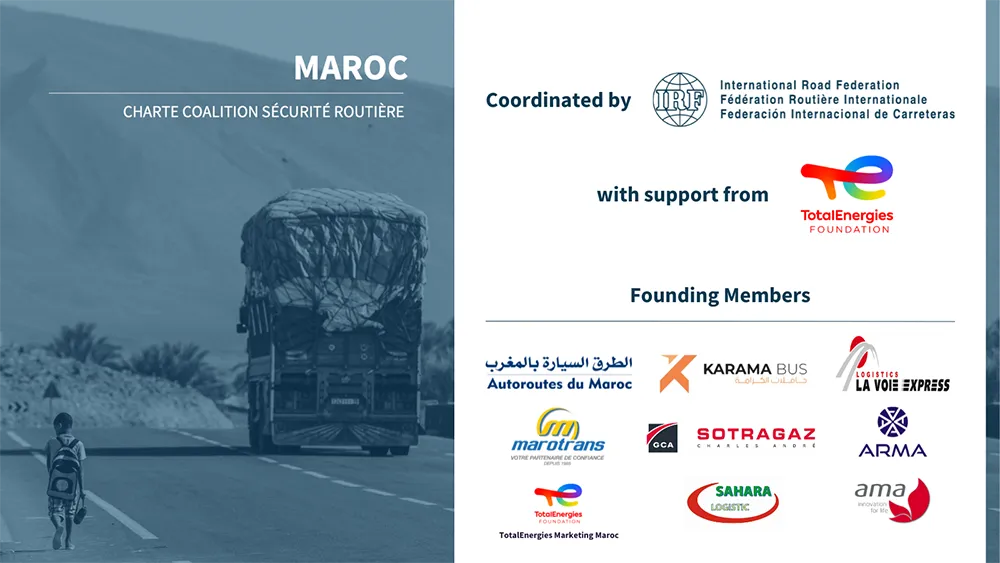
The road is the result of two years of research and a partnership with asphalt plant equipment maker Marini-Ermont of the Fayat group. Marini-Ermont created the TRX100% mobile continuous asphalt plant that can handle up to 100% of asphalt aggregates that originate at nearby road maintenance sites.
Other partners include the government of the Nouvelle Aquitaine region and PACA Laboratories.
This development represents significant progress compared with the current recycling rates of 50-60%, Eurovia said in a written statement.
The bulk of the supply can be sourced from milling material produced by the site. This would partly or fully protect natural resources and keep transport logistics to a minimum. It also would cut up 50% the site’s carbon footprint, Eurovia claimed.
VINCI Autoroutes, which operates nearly 4,500km of French motorways, is part of the French global infrastructure company VINCI. The project to use 100% RAP is one of four similarly environmentally based projects that together make up the “Route du futur” scheme launched by ADEME, France’s Environment and Energy Management Agency.
Routes du future is, in turn, part of the Investing for the Future Programme to promote the development of innovative and ambitious industrial solutions to reduce the environmental impact of road infrastructure and support the energy transition in the road industry.
The three other Routes du future project are NOVATHERM, I-Street and REGIC.
The NOVATHERM project, being coordinated by Eurovia, includes working with the governments of the Auvergne-Rhône-Alpes, Nouvelle Aquitaine and the Ile-de-France regions. The object is to harness the solar-induced energy of a road and channel it into geothermal or biomass energy for use in nearby towns, be it for street lighting or electricity for shops and factories or social housing heating.
Part of the NOVATHERM work is to explore the extraction of heat during the hot summer months and during winter using the technology to reverse the energy flow to heat the pavement to reduce the risk of ice and to melt snow.
I-STREET is a project coordinated by EIFFAGE and done by TOTAL, French research group IFSTTAR using its fatigue carousel in Nantes and pigment producer PME OLIKROM. The goal is to develop more wear-resistant coatings for asphalt.
The use of “intelligent geo-synthetic reinforcements” – project REGIC – is to inhibit the creation of cavities in pavement. The work is being done by engineering textile manufacturer Texinov in conjunction with Ineris (Institut national de l'environnement industriel et des risques) and the laboratory 3SR (Sols, Solides, Structures, Risques).








